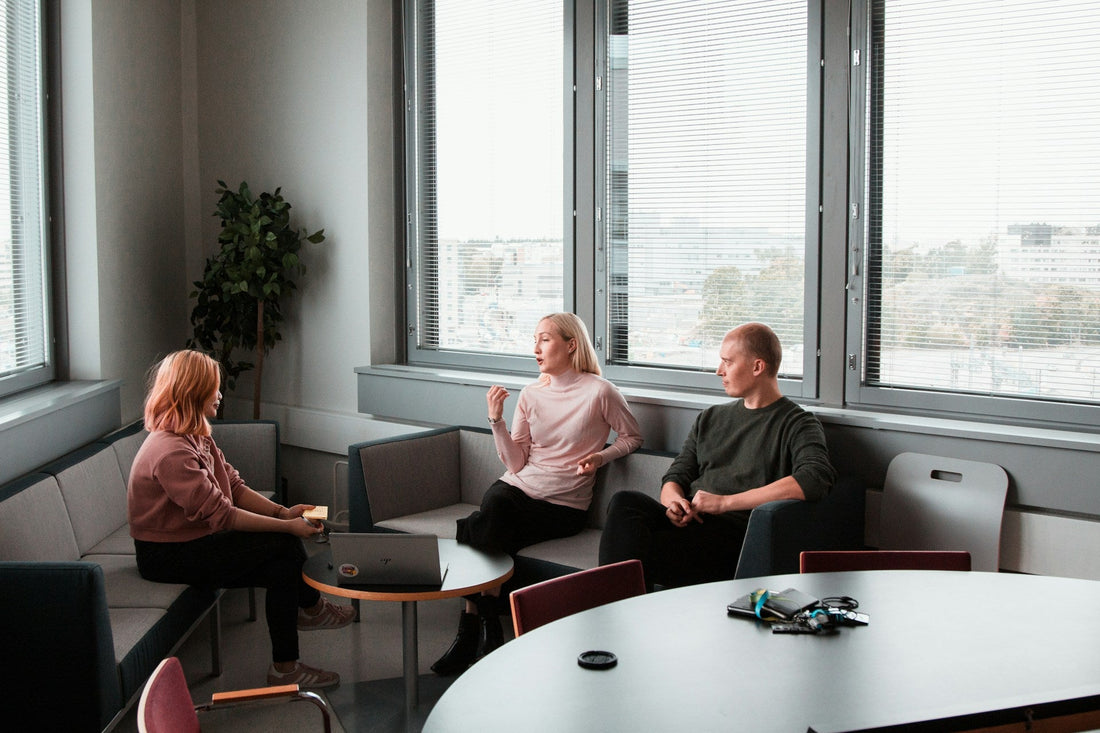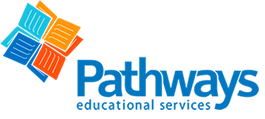
What to Study in a World Dominated by AI
Share
Our world is becoming more AI-driven with every passing day. Unfortunately, this has created a lot of fear in young students preparing to enter the workforce. Various job tasks that used to be performed manually by people are now automated by AI. While this has led to more efficiency in business operations, it’s also caused the loss of crucial positions, especially administrative roles, that were previously filled by newcomers to the workforce.
With this in mind, what is the best choice of study for incoming university and college students? What programs are less likely to be taken over by AI in the future? How do students choose a job path that ensures they have an easy time entering the workforce after post-secondary? In this article, we’ll uncover what areas of study are becoming the most automated, and what areas continue to be primarily manual work performed by humans.

5 Areas of Study Being Heavily Influenced by AI in 2025
Please note that although these areas of study have been impacted by AI, that doesn’t make them a bad career choice.
-
Professional Writing
User-friendly AI programs like ChatGPT have made high-quality writing incredibly accessible in 2025. Not only are these programs commonly used for writing by today’s students — they’ve also been adopted by various industries that require day-to-day writing and editing. With a prompt, ChatGPT can write and edit essays, stories, reports, blog posts, speeches, scripts, proposals, email responses, and much more in a matter of seconds. While the writing may lack the depth of a human, AI makes up for it with incredible speed that no human can achieve.
Humans are still an important asset to businesses using AI writing, as these programs can frequently misinterpret data and make inaccurate claims.
-
Graphic Design
AI has the ability to make highly detailed art pieces in seconds, far surpassing the efficiency of a human artist. It can create photorealistic images, 3D models, and even animations from scratch, or by referencing a specific artist’s style. Many businesses have started defaulting day-to-day art creation tasks to AI as a result, but it has not gone without outcry from the art community.
All that to say, AI art has been criticized for its uniformity and lifeless style, making it easy to identify when art is AI generated. Additionally, many people view businesses that use AI art negatively. Several news organizations reported complaints being made about Coco-Cola’s AI-generated 2024 Christmas commercials, and this is just one example of the backlash against AI art.
-
Finance and Accounting
While human finance and accounting professionals are still required for client relationship management, tax-saving strategies, and personalized financial recommendations, various administrative tasks have been delegated to AI. AI can easily process invoices, receipts, and bank statements for bookkeeping and data entry with little to no error. Similarly, AI is able to detect fraud, provide data-driven insights, and perform financial risk assessment.
-
Music
AI tools like OpenAI’s MuseNet and Aiva can create music from a number of genres, including classical, pop, jazz and electronic music. AI analyzes pre-existing music to automatically generate melodies and even lyrics. Outside of the creative process, AI is also utilized for music production, mixing and mastering tracks efficiently to improve the overall sound quality. Typically, this would be an entirely human endeavour, taking days and weeks to write, mix, and master a complete song. However, AI can achieve the same in minutes.
Trained musicians argue that completely AI-generated music lacks the emotion and authenticity that made the world’s most acclaimed songs what they are today. AI music only creates out of what already exists, leaving gaps in the industry for uniqueness, experimentation, and evolution.
-
Marketing and Communications
Marketing and communication job positions require consistent content creation, which many businesses have begun to supplement with AI for greater efficiency. This is where AI-generated art and writing plays a role, instantly creating content that would take a junior marketing professional multiple days to create. Additionally, AI is increasingly being utilized for email marketing, social media, and digital advertising.
Nevertheless, a human touch is still necessary for the strategic framework of marketing and communication campaigns. As content creation is pivotal for connecting with a brand’s target audience, obvious AI can make consumers see the brand as inauthentic, becoming disengaged. In cases like this, AI does more harm than good.
5 Areas of Study Less Impacted by AI
-
Psychology
Clinical psychology, therapy, and counseling, all heavily rely on human empathy, which an AI cannot recreate. Similarly, AI can’t approach complex emotional topics with the level of sensitivity they need. Human emotion, mental health, and relationships are not something easily understood by an AI. While AI can regurgitate simple psychology facts and treatment ideas, it fails to consider the context and personal experience that empower psychologists to give effective support and treatment plans. Although there has been a rise in the use of ChatGPT for affordable therapy, professionals warn that AI chatbots are unable to hold patients accountable.
-
Philosophy
Philosophy depends on abstract thinking and opinion, without so heavily weighing on facts. Because of this, AI cannot engage meaningfully with philosophical ideas like those related to ethics and existentialism. Philosophers draw from human experience and cultural contexts in a way that AI cannot.
In a philosophical setting, AI can only repeat the ideas of previous philosophers and their thinking. Good philosophy is empowered by new ideas and perspectives, enabling evolving and constantly changing viewpoints. This is something that can only be done effectively by humans, who can interpret subjective topics easily by drawing from their own experience and knowledge.
-
Education
Teachers play an important role in mentorship and motivating students to perform at their best. While the sharing of knowledge and ideas can be easily done by AI, it does not replace the important role educators play in how we learn. In addition to teaching, human teachers are responsible for helping students develop social skills, emotional intelligence, work ethic, adapt to social norms, and reflect on subjects in a meaningful way.
-
Skilled Trades
Skilled trades include jobs in plumbing, electrical work, construction, manufacturing, welding, and carpentry. Each of these occupations require highly-complex manual labour which cannot yet be performed by accessible and affordable automated systems. Another important aspect of trades is adaptability and problem-solving. While AI can draw on other sources to guess the source of a problem and how to solve it, it struggles to adapt to changing circumstances, nor can it adapt when a solution does not work as expected. This makes many skilled trade occupations AI-proof.
-
Healthcare
While AI is becoming increasingly prevalent in the healthcare industry, it will be a very long time before AI can completely integrate itself into healthcare operations, perhaps even forever. Healthcare situations are not usually straightforward, making it difficult for AI to quickly and effectively solve patient health problems. It’s especially troubling to use AI in healthcare scenarios when its prone to making mistakes and misinterpreting information. This could lead to incorrect diagnoses and ineffective treatment plans. Furthermore, healthcare is another industry that requires the emotional intelligence, empathy, and sensitivity that an AI cannot reproduce.
Currently, AI is most commonly used in healthcare for tedious administration tasks and data analysis. That being said, the industry still heavily involves human supervision in these tasks, making AI no more than a supplemental tool to help human workers speed up their workflows.
Try Academic Upgrading
Do you have your sights set on a particular university or program, but simply don’t have the required grade average for acceptance? Pathway’s flexible and personalized Academic Upgrading program is designed for 18+ students on the path to post-secondary who don’t have the grades they need to meet their goals. We’ll design a personalized education plan for you to improve your grades in specific subjects relevant to your desired career path.
Stand out in today’s AI-driven world with exceptional knowledge, grades, and skills. Get in touch with us to learn about getting ahead in the next stage of your education.




